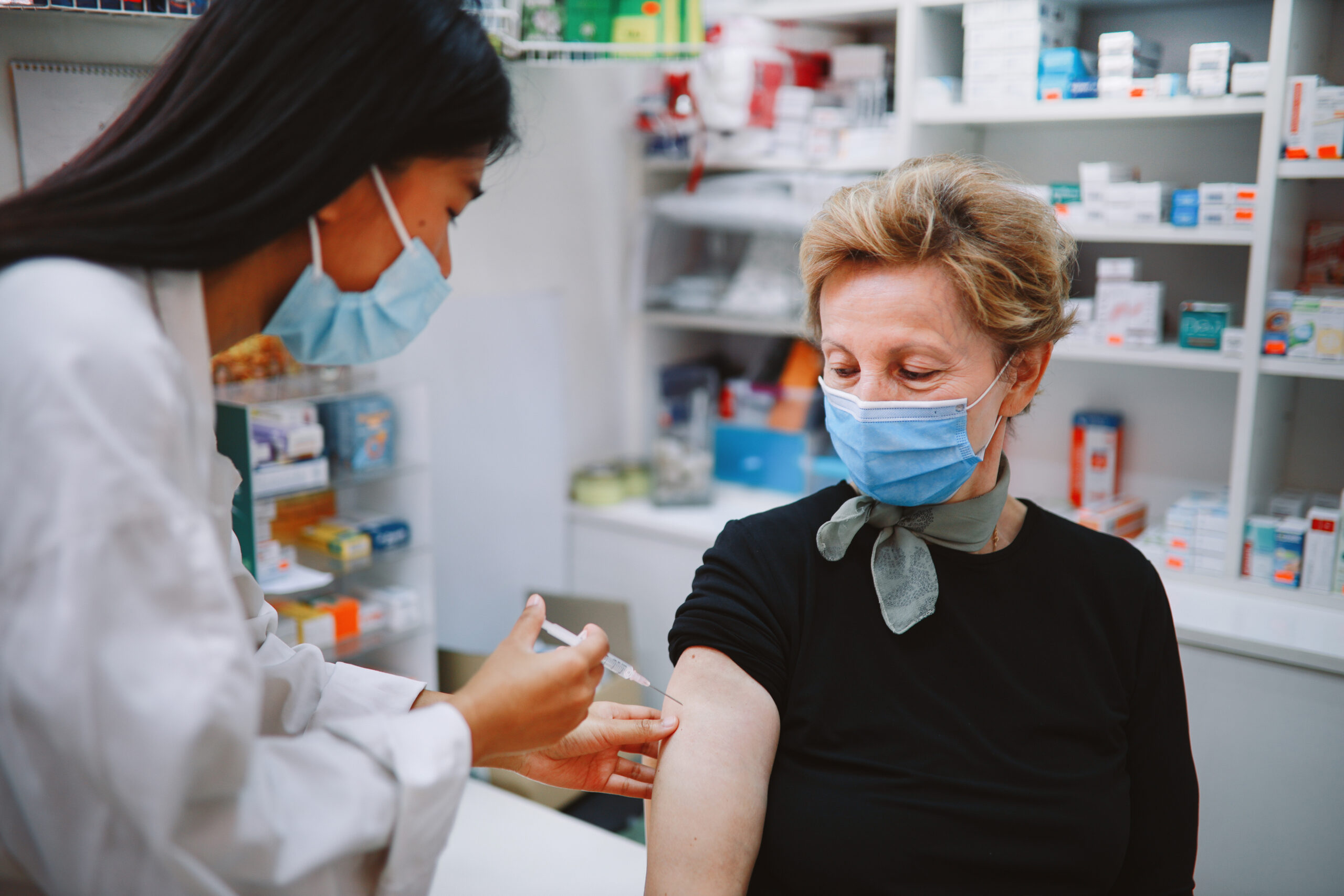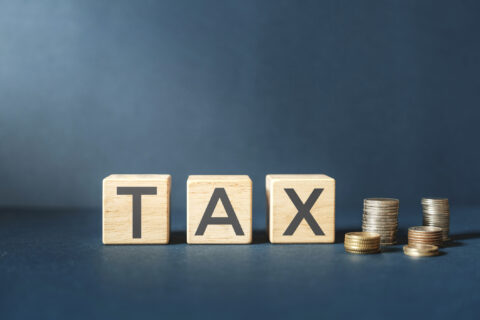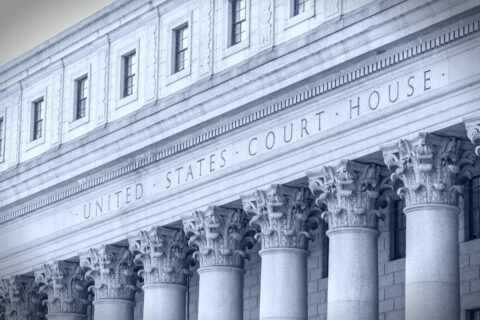The effort to quickly vaccinate millions of Americans against COVID-19 presents local leaders with significant challenges related to equity, public trust, logistics, and resources. In NLC’s conversations with local leaders, health experts, and community organizations about these challenges, one theme keeps coming up – the importance of partnerships for efficient and equitable COVID-19 vaccination efforts.
Cities are partnering with their state and county health departments, as well as the federal government, community leaders, local health centers, and private sector partners to ensure that their residents are informed about the vaccine and can access it when available. The following examples of how cities are working with the private sector to tackle vaccine distribution illustrate the power of partnerships and the innovative solutions that can arise when the public and private sectors come together in pursuit of a common goal.
1. Gathering input from residents
Local governments need to understand their residents’ concerns and opinions about the COVID-19 vaccine to inform their vaccination strategies. Polco, an online community engagement platform, creates surveys and polls to gather citizen input on relevant topics. Polco recently created a survey for cities to collect input on issues related to the COVID-19 vaccine, including willingness or hesitancy to get vaccinated, logistical concerns, trusted information sources, and more.
The city of Eden Prairie, MN, deployed the Polco COVID-19 Vaccination Survey and received 2,200 responses in three days. The city is using this information to understand what knowledge gaps exist, how to message their vaccination strategy, and where to direct outreach. For example, Eden Prairie learned that 88% of their residents planned to get the vaccine when available, so they are focusing on communicating when and how, rather than why, to get vaccinated.
2. Communicating vital information to residents
To collect this input from residents, and to communicate information about the COVID-19 vaccine, local leaders need to be able to reach their residents. In particular, they need to access hard-to-reach communities, such as those without Internet-connected devices, older populations who are uncomfortable using digital tools, non-English speaking residents, and Black, Indigenous, Latino/Hispanic and other people of color disparately impacted by the virus.
Broadnet is working to solve this problem by offering virtual telephone town hall services to local governments to allow them to reach residents on the device of their choice. Local governments can live-stream these virtual town halls on their website and social media, but for residents without digital access, the platform will also call them when the event starts so they can participate by phone. Using this tool, the city of Commerce City, CO hosted a series of 17 events reaching nearly 80,000 English and Spanish-speaking residents on the phone and online, giving them access to important decision-makers in their community. Broadnet also provides text messaging and auto-calling solutions that cities can use to communicate important information quickly. These tools are crucial for local governments to convey updates related to the vaccine across their constituency.
3. Prioritizing equity in vaccine distribution
CVS, Walgreens, Walmart and other retail pharmacies receive vaccine doses from states as well as directly from the federal government. In a recent NLC event about public-private partnerships in COVID-19 vaccine distribution, senior leaders of CVS and Walgreens explained how they use metrics like the CDC Social Vulnerability Index to allocate their vaccine supply to stores in areas that are high risk for COVID-19. They also recognize the role of trusted local clinicians, who look like the communities they serve, in building trust in the vaccine. 48% of CVS clinicians, including those who are administering the vaccine, are people of color.
4. Vaccinating their workforce and communities
Private sector companies with large footprints across the United States are working with local health systems to help vaccinate their essential workers and the community. For example, Amazon partnered with a local hospital in Seattle to open a vaccination clinic that vaccinated 2,000 people in one day. Airbnb has offered to use its vast real estate network to open vaccination sites in rural communities and to house medics traveling to administer vaccines.
5. Providing free transportation to vaccination sites
Even when the vaccine is fully available, the question of how to get to the vaccination site remains for many people. According to the American Public Transportation Association, 45% of Americans do not have access to public transportation. Uber and Lyft are tackling this barrier by offering millions of free rides to and from vaccination sites. Jersey City, NJ, for example, is partnering with Uber to provide free rides to vaccination sites for seniors and essential workers.
The private sector organizations highlighted in this blog are NLC Corporate Partners who are committed to NLC’s mission of strengthening local leadership. These partners have stepped up to help local government meet the many challenges presented by the COVID-19 pandemic. The vaccination effort requires leveraging the mandate and local expertise of municipal government alongside the resources and innovation of the private sector. Taken together, these strengths have the potential to make millions of Americans safer and help us respond, recover, and rebuild as a nation.
Learn More
To get in touch with any of these organizations, please contact the NLC Partnerships team at sponsorships@nlc.org.









